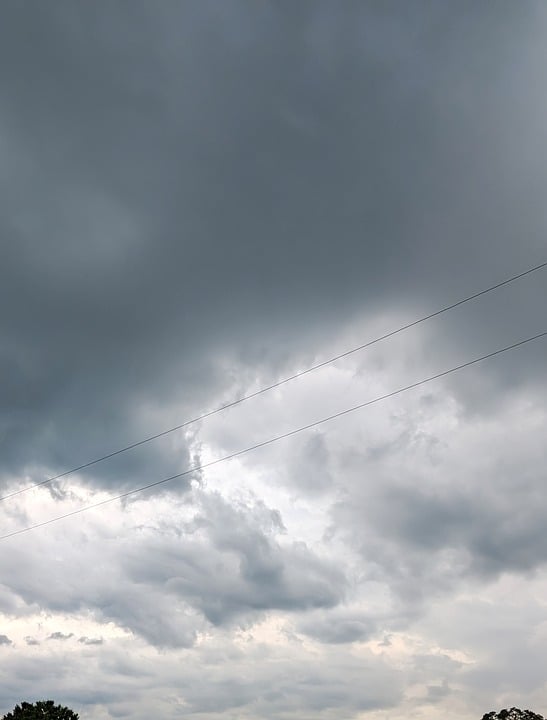Deforestation is a significant contributor to climate change and global warming, with far-reaching implications for our planet’s health and sustainability. In this article, we will explore the various aspects of deforestation and its impact on the environment, as well as delve into the historical context, current state, and future predictions surrounding this critical issue.
Historical Context
Deforestation has been a problem since the dawn of human civilization, as communities cleared forests for agriculture, logging, and urban development. However, the pace and scale of deforestation have accelerated in recent decades due to rapid industrialization and population growth. The Amazon rainforest, for example, has lost a significant portion of its trees due to logging, farming, and mining activities.
Current State
Today, deforestation continues at an alarming rate, with approximately 10 million hectares of forest lost each year. This rapid destruction of forests not only threatens biodiversity but also releases carbon dioxide into the atmosphere, contributing to global warming. According to the Intergovernmental Panel on Climate Change (IPCC), deforestation accounts for about 10% of global greenhouse gas emissions.
The impacts of deforestation are numerous and far-reaching, including:
– Loss of biodiversity: Deforestation destroys habitats for countless plant and animal species, leading to a loss of biodiversity and potential extinction.
– Altered water cycles: Trees play a crucial role in regulating the water cycle, and deforestation can disrupt this balance, leading to water scarcity and drought.
– Soil degradation: Trees help prevent soil erosion and maintain soil fertility, so their removal can lead to degraded land that is unsuitable for agriculture.
Future Predictions
The future consequences of deforestation are dire if current trends continue. Scientists predict that if deforestation continues at its current rate, the Amazon rainforest, for example, could reach a “tipping point” where it would irreversibly transform into a savannah, leading to a catastrophic loss of biodiversity and increased carbon emissions.
To combat deforestation and its impacts, it is crucial to take immediate action on both a local and global scale. Governments, corporations, and individuals all have a role to play in preserving our forests and mitigating climate change.
Conclusion
In conclusion, deforestation is a significant driver of climate change and global warming, with devastating consequences for the environment and humanity. By understanding the historical context, current state, and future predictions of deforestation, we can take meaningful action to protect our forests and mitigate the impacts of climate change.
Thank you for reading this article and for your interest in this critical issue. For further exploration, we recommend researching organizations such as the World Wildlife Fund and the Rainforest Alliance, which are actively working to preserve our forests and combat deforestation. Together, we can make a difference and create a more sustainable future for generations to come.









